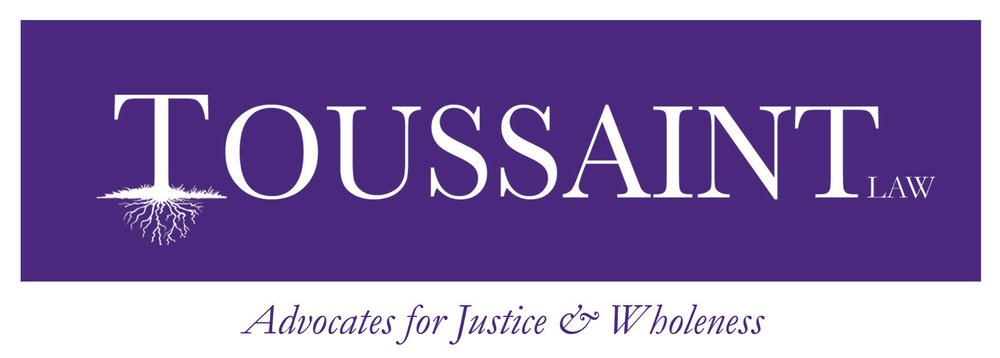For any Haitian or Haitian-American reading this, you may agree with me that there is an unspoken expectation in the Haitian culture when it comes to familial issues— keep the personal details of your home life to yourself and keep quiet about the dysfunction. Other cultures may share the same sentiments or unspoken rules of the family. As a child, I remember hearing adults gossip (referred to as gossip because nobody did anything about it, but spread the word) about households where domestic violence was the norm and minding our own business was the expectation. And in each of those homes, children lived in them.
Each of us struggles with life stressors that we may not be able to manage on our own. When we are unable to manage stress, we may lose control and lack the capacity to manage our emotions and anger. Imagine living in a house or being in a relationship with a partner that struggles with the “normal” life stuff and has power and control issues. Imagine doing life with your spouse or cohabitating with a partner that routinely uses violence to control you. If you can’t imagine that, then let me help you.
You hear criticism about everything you do by the one who vowed before friends and family to love you. This same person appears to find joy in verbally reminding and highlighting your imperfections and insecurities. You live in fear. You feel vulnerable. You are yelled and screamed at when spoken to more often than not. Your children watch you get pushed, slapped, and beat. You worry your children may get hurt when they try to rescue you from the hands of your abuser. You live in shame because your partner disrespects you with the tone and derogatory words he uses to describe you in the presence of your child(ren). You may feel alone and lonely, because you have isolated yourself from your family and friends. You look in the mirror and you don’t like and recognize what you see. You observe the beautiful woman God created now wearing various shades of purple and red circles around her eyes and lumps on her face that a man created and not God. Your friends may never get the opportunity to see you in this condition, but your children do. Your sons and daughters get to watch you pretend like you’re o.k. and that your face is a result of “normal” behavior.
I am disappointed with the adults and citizens in our communities and neighborhoods that know about abuse happening in various homes and do absolutely nothing. They remain silent. They may hear the cries of their neighbors, but ignore their need for help. They neglect to call the police or report the matter to Child Protection Services. As I grow in wisdom and understanding, silence about abuse is WRONG. Keeping silent about abuse our children may be experiencing and/or watching is not an option.
Many clients I encounter who are dealing with their county’s social services department (e.g. DSS or DHS) are frustrated with the system and will argue that DSS is wrongfully removing their children from their care when it is found that their children observed acts of domestic violence. However, parents fail to appreciate and understand that children are also victims of domestic violence when they are present in the home when domestic violence is taking place. Parents have the first responsibility to protect, nurture, and provide for their children. When parents are unable to carry out these responsibilities, then the village that these families are in must support and help these families. If that help is rejected by the parent(s), then we as a society and community must help the children in these homes by any means necessary. Doing nothing and pretending that the problem will go away or resolve itself over time is not an option.
Here are a few tips to help you help a friend or loved one experiencing domestic violence:
Take them to the local sheriff’s office to report the abuse.
Help them get an attorney to assist them with obtaining a restraining order (e.g. 50B, protective order, and/or an injunction).
Contact your local county Department of Social Services (DSS). DSS will help them with developing a safety plan and provide them with other services. DSS may remove your child(ren) from the home where there is domestic violence.
Consider letting the children and the battered partner or spouse stay with you while he or she works on finding a new place to live or get out of the abusive relationship.
If he or she refuses help and does not want intervention, you MUST be the voice for the children and do what is in their best interests. At a minimum report the abuse you have personal knowledge of to the police. Let’s learn how to be good neighbors and send a message to our children that their lives matter and that we care.

